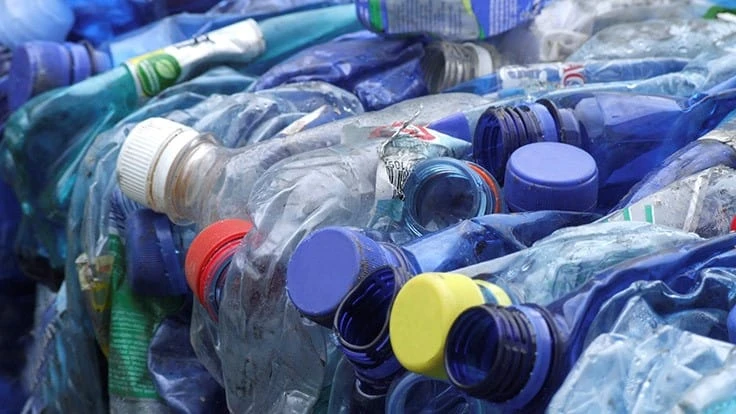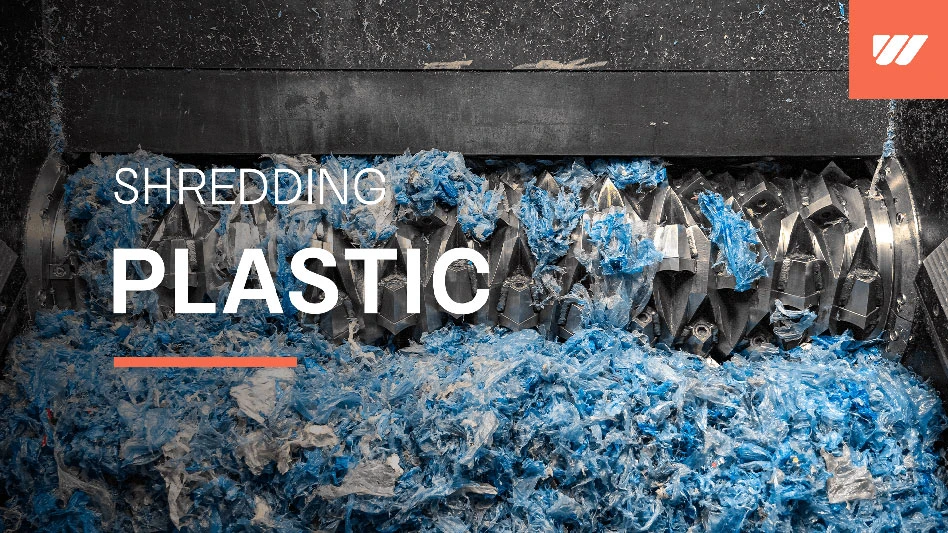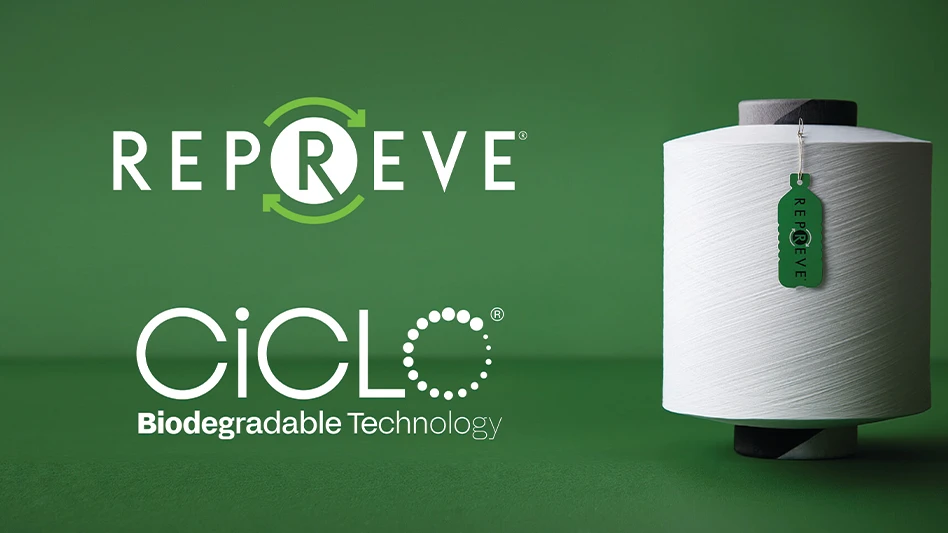
© BKhamitsevich - istockphoto.com
In late January, the U.S. Department of Energy (DOE) released its Plastics Innovation Challenge Draft Roadmap and a request for information (RFI) seeking stakeholder input on the draft.
Announced in November 2019, the DOE’s Plastics Innovation Challenge is a program aimed at accelerating innovations in energy-efficient plastics recycling technologies. According to a news release from the DOE, the Plastics Innovation Challenge will better position the U.S. as a “leader in design and implementation of advanced plastics recycling technologies and in the manufacture of new plastics that are recyclable by design.”
“The Plastics Innovation Challenge leverages the extensive expertise and capabilities of the Department of Energy and our National Labs to think beyond the status quo and make a real impact in addressing our plastic waste issues,” says Deputy Secretary of Energy Mark W. Menezes. “Our stakeholders are an essential source of valuable direction, and we ask for their feedback as we pursue solutions for issues that affect us all.”
The DOE says its Plastics Innovation Challenge aims to make domestic processing of plastic materials economically viable and energy efficient, develop new and improved plastic materials lacking the same end-of-life concerns as incumbent materials and ultimately reduce plastic scrap accumulation.
The DOE reports that the following four strategic goals define the scope of the Plastics Innovation Challenge:
- deconstruction -- develop biological and chemical methods for deconstructing end-of-life plastics into useful chemicals;
- upcycling -- develop technologies to upcycle end-of-life chemical streams into higher-value products, encouraging increased recycling;
- recycle by design - design new, renewable plastics and bioplastics that have the properties of today’s plastics, are easily upcycled and can be manufactured at scale domestically; and
- scale and deploy -- support an energy- and material-efficient domestic plastics supply chain by helping companies scale and deploy new technologies in domestic and global markets while improving existing recycling technologies such as collection, sorting and mechanical recycling.
The Plastics Innovation Challenge Draft Roadmap identifies key research needs and opportunities for DOE-sponsored research and development. It identifies both challenges and opportunities across thermal, chemical, biological and physical recycling and upcycling methods, as well as material design strategies for recyclability. DOE says it provides an overview of problems with plastic scrap, including the limits of current recycling technologies. It also identifies the initiative’s 2030 vision, mission, strategic goals and objectives.
DOE offices involved in this effort include the Offices of Energy Efficiency and Renewable Energy, Science, and Fossil Energy and the Advanced Research Projects Agency-Energy. DOE says this roadmap will guide DOE efforts to meet the Plastics Innovation Challenge 2030 goals by providing alignment within DOE, a framework to focus on select strategies for managing plastic waste and research directions at every level of technical maturity.
In addition to the Draft Roadmap, DOE released an associated RFI. The DOE wants to solicit feedback from stakeholders to ensure the Plastics Innovation Challenge “is optimally positioned to address opportunities and challenges for the discovery, development and deployment of technologies for plastic waste management and reduction.” Responses to the RFI are due March 1.
More information on the Draft Roadmap and the RFI can be found here.
Sponsored Content
Redefining Wire Processing Standards
In nonferrous wire and cable processing, SWEED balances proven performance with ongoing innovation. From standard systems to tailored solutions, we focus on efficient recovery and practical design. By continually refining our equipment and introducing new technology, we quietly shape the industry—one advancement at a time.
Get curated news on YOUR industry.
Enter your email to receive our newsletters.
Latest from Recycling Today
- Recyclers likely to feel effects of US-China trade war
- BCMRC 2025 session preview: Navigating battery recycling legislation and regulations
- Yanmar Compact Equipment North America appoints new president
- LYB publishes 2024 sustainability report
- Plum Creek Environmental acquires Custom Installation LLC
- Avis introduces Harris American Co.
- International Paper in talks to divest 5 European box plants
- Recycled PP from Polykemi, Rondo Plast used in flood protection product









